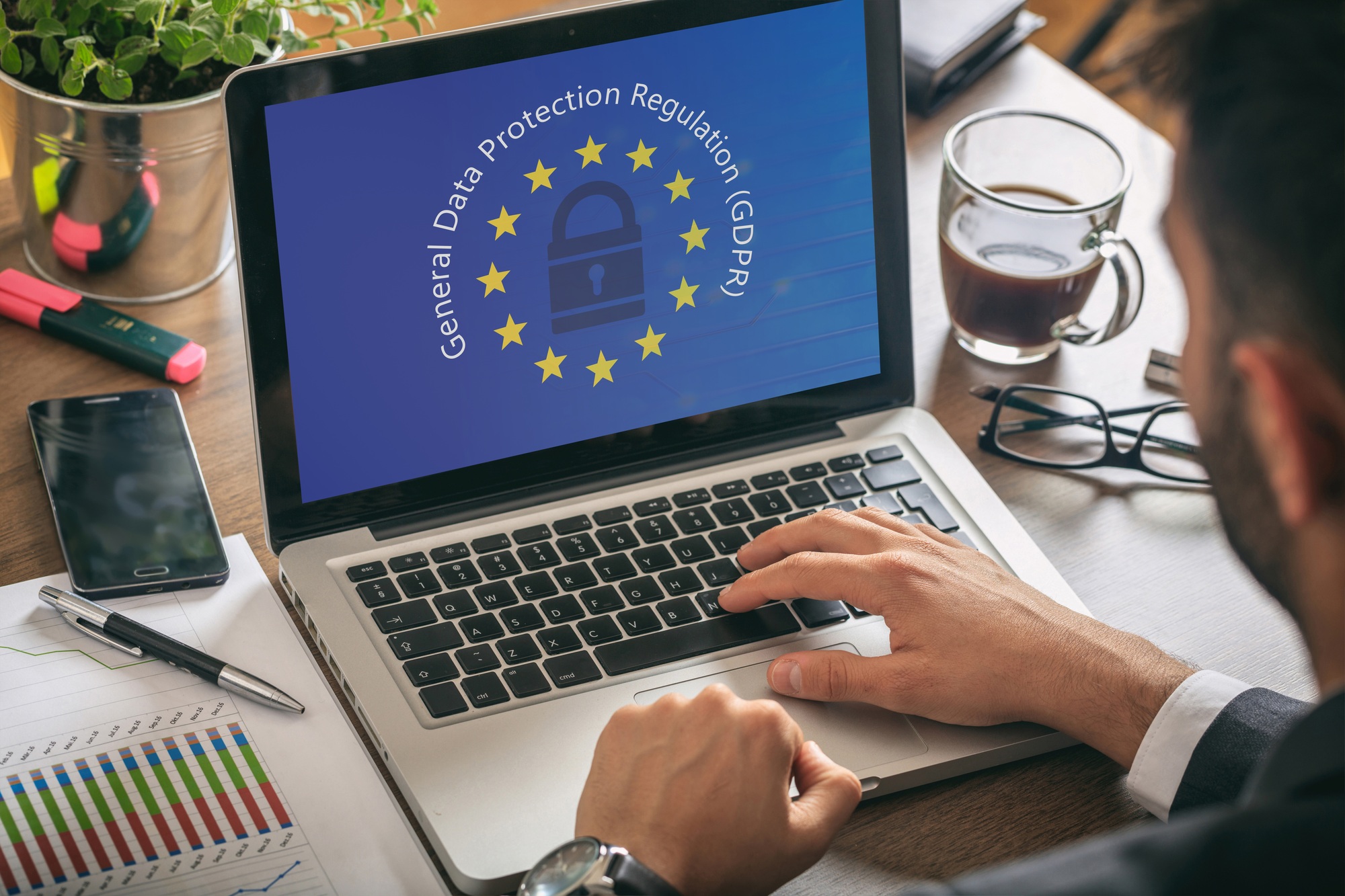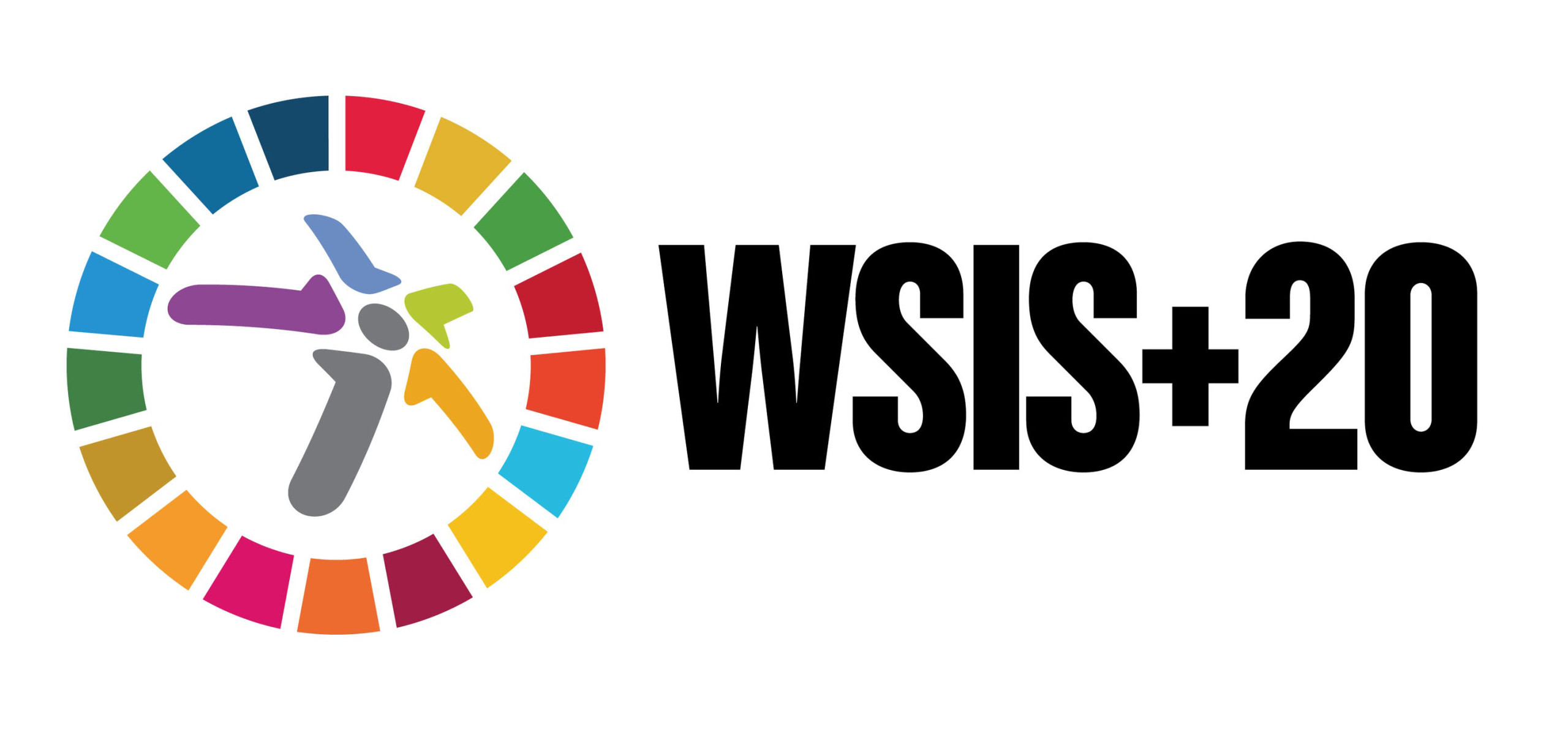European Commission publishes Digital Omnibus; noyb highlights risks for user privacy
The European Commission’s newly unveiled 'Digital Omnibus' reform package has drawn strong backlash from civil-society groups and data-protection advocates, who warn that the proposals risk undermining the stringent privacy standards established by the General Data Protection Regulation (GDPR) and other EU digital laws.








